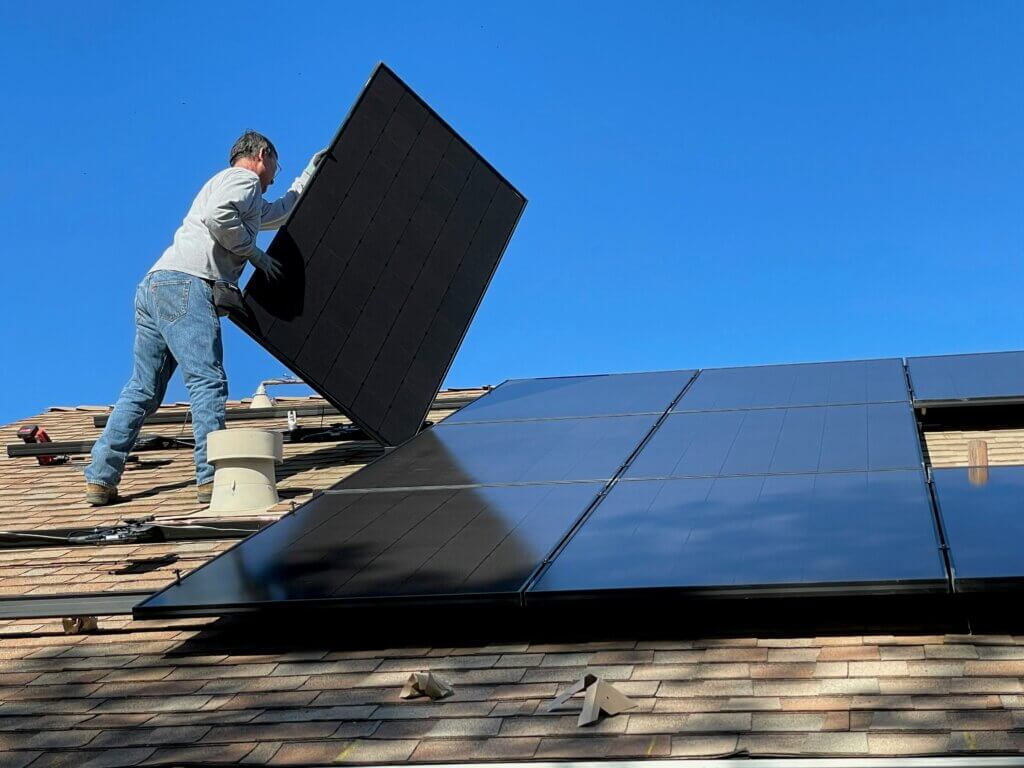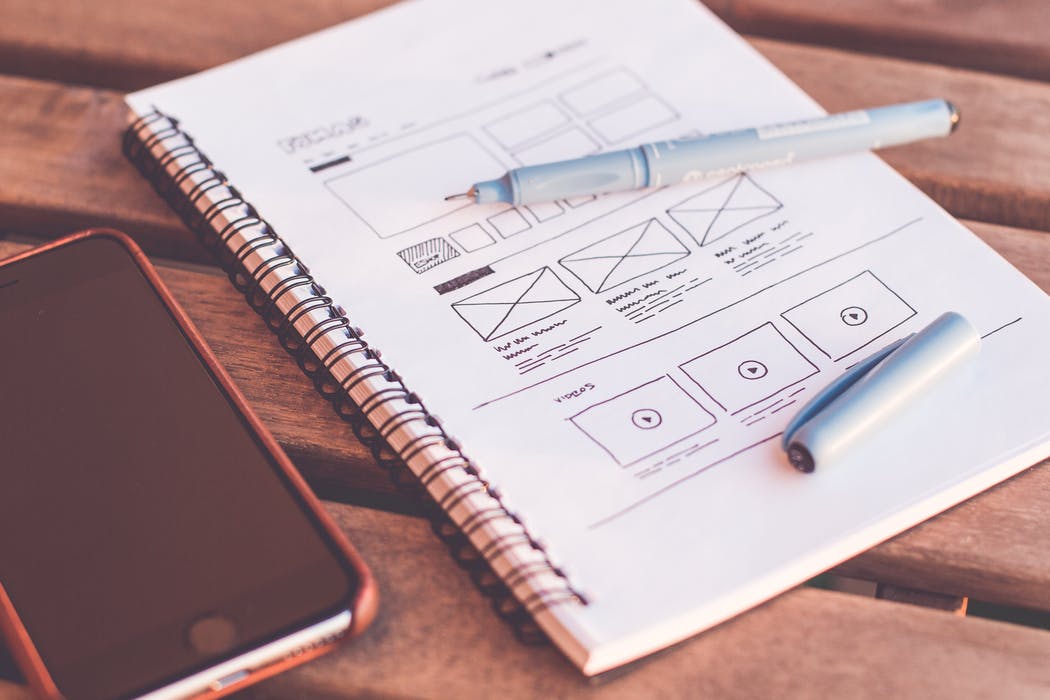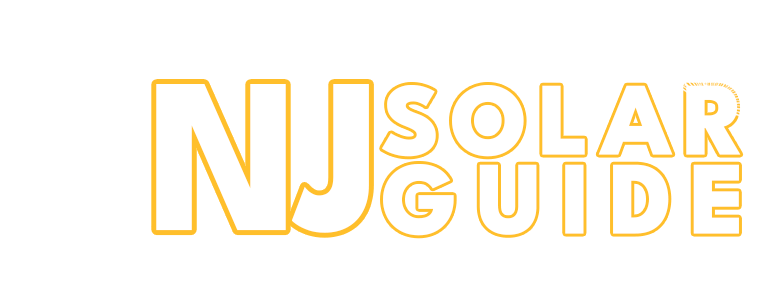Switching to solar energy is a smart investment for homeowners in New Jersey, but understanding your financing options can make it even more affordable and accessible. From purchasing with cash to leasing or entering into a Power Purchase Agreement (PPA), there are multiple ways to fund your solar system. In this guide, we’ll explore each option to help you make an informed decision and maximize your energy savings.
1. Cash Purchase: Upfront Ownership and Maximum Savings
Paying for a solar system in cash is the simplest financing option. By purchasing the system outright, you own the solar panels from day one, allowing you to benefit from the full electricity savings, federal tax incentives, and state programs like Net Metering.
Benefits of a Cash Purchase:
- Maximized Savings: Cash purchases offer the best long-term savings because you avoid interest charges and monthly payments.
- Tax Credits and Incentives: You can take advantage of the federal Investment Tax Credit (ITC) and any applicable state or local incentives.
- Higher Property Value: A fully owned solar system can add value to your property.
Drawbacks of a Cash Purchase:
- High Upfront Cost: This option requires a significant initial investment, which may not be feasible for all homeowners.
- Longer Payback Period: While you’ll save money in the long run, it may take several years to recoup your initial investment.
2. Solar Loan: Spread Out Costs with Monthly Payments
A solar loan allows you to finance the purchase of your solar system with a fixed monthly payment over a set term. This option offers many of the same benefits as a cash purchase, including ownership of the system, access to tax credits, and eligibility for state incentives.
Benefits of a Solar Loan:
- Low or No Upfront Cost: Loans allow you to install solar with little to no money down.
- Tax Credits and Incentives: Like a cash purchase, a loan enables you to claim the federal ITC and state incentives.
- Predictable Monthly Payments: With a fixed-rate loan, your payments stay consistent over the loan term.
Drawbacks of a Solar Loan:
- Interest Charges: Depending on the loan’s interest rate, this option can increase the total cost of your solar system.
- Dealer Fees: Most Solar Loans include additional costs rolled into the loan in exchange for lower interest rates. This increases the total cost of your project.
- Monthly Payment Commitment: You’ll have a monthly obligation until the loan is paid off.
3. Solar Lease: Low Commitment, Lower Savings
A solar lease allows you to "rent" the solar system for a fixed monthly fee. In this model, the solar provider owns the system, and you simply pay for the right to use the energy it generates. This option often includes maintenance and repairs, making it a low-commitment choice for homeowners who prefer not to manage system upkeep.
Benefits of a Solar Lease:
- Low or No Upfront Cost: Leasing is typically one of the most affordable options for getting solar.
- Maintenance Included: The solar company is responsible for maintaining and repairing the system.
- Lower Monthly Utility Bills: You’ll likely see reduced energy costs, though savings may be lower than with an owned system.
Drawbacks of a Solar Lease:
- No Ownership Benefits: You won’t own the system, meaning no tax credits or incentives for you.
- Lower Long-Term Savings: Savings are generally less significant compared to purchasing the system.
4. Power Purchase Agreement (PPA): Pay for Power, Not Panels
A Power Purchase Agreement (PPA) is similar to a lease, but instead of paying a fixed monthly fee, you pay for the electricity the system generates at a rate typically lower than your utility’s rate. With a PPA, the solar company installs, owns, and maintains the system, and you benefit from lower electricity rates without upfront costs.
Benefits of a PPA:
- No Upfront Cost: PPAs require little or no money down, making solar more accessible.
- Reduced Energy Costs: PPAs usually offer electricity at a lower rate than the utility, resulting in immediate savings.
- Maintenance Included: The solar company is responsible for all maintenance and repairs.
Drawbacks of a PPA:
- No Tax Benefits: Like a lease, you’re not eligible for tax credits or incentives.
- Lower Long-Term Savings: Savings are generally lower than with a purchased system.
Which Solar Financing Option is Right for You?
The best financing option depends on your financial goals, budget, and long-term plans. If you’re seeking maximum savings and tax benefits, purchasing with cash or a loan is ideal. For a low-commitment, low-cost option, a lease or PPA might be the best fit.
Additional Resources for Solar Financing Options in New Jersey
To learn more about financing solar energy in New Jersey, explore these helpful resources:
Each financing option comes with its own set of advantages and considerations, so make sure to evaluate them based on your personal needs and energy goals. By understanding the options, you can make an informed choice and enjoy the many benefits of solar energy in New Jersey.








